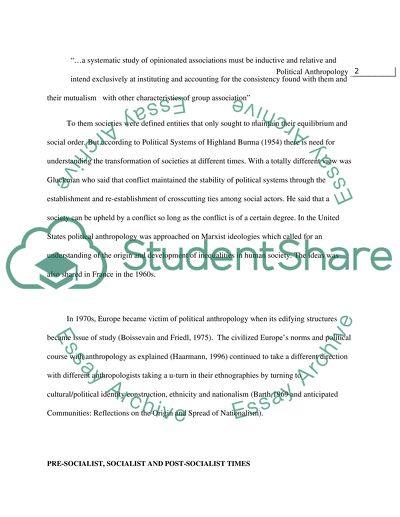Cite this document
(“Political Anthropology: Personal Wealth in Socialist and Postsocialist Essay”, n.d.)
Retrieved from https://studentshare.org/anthropology/1476334-political-anthropology-personal-wealth-in
Retrieved from https://studentshare.org/anthropology/1476334-political-anthropology-personal-wealth-in
(Political Anthropology: Personal Wealth in Socialist and Postsocialist Essay)
https://studentshare.org/anthropology/1476334-political-anthropology-personal-wealth-in.
https://studentshare.org/anthropology/1476334-political-anthropology-personal-wealth-in.
“Political Anthropology: Personal Wealth in Socialist and Postsocialist Essay”, n.d. https://studentshare.org/anthropology/1476334-political-anthropology-personal-wealth-in.


